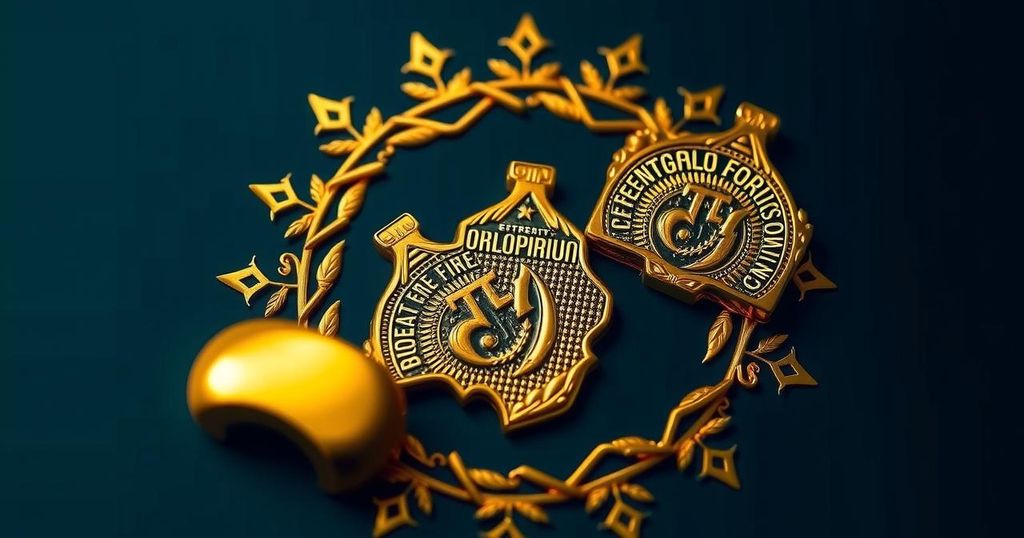IMF Proposed to Sell Gold to Assist Climate-Impacted Low-Income Nations
The IMF is urged to sell 4% of its gold reserves to generate $9.52 billion for debt relief in low-income countries facing climate change. The sale, prompted by limited CCRT funding and rising loan repayments, could assist 86 nations. This solution aims to alleviate financial pressures without additional conditionality.
The International Monetary Fund (IMF) has been urged to liquidate 4% of its extensive gold reserves to facilitate debt relief for low-income nations grappling with the repercussions of climate change, according to a report from Boston University’s Global Development Centre. This initiative comes at a time when climate finance is a focal point at the COP29 summit. While the IMF’s Catastrophe Containment Relief Trust (CCRT) is intended to assist about 30 nations in financial distress, it suffers from limited funding, currently standing at just $103 million. Selling a fraction of the IMF’s 90.5 million ounces of gold could yield approximately $9.52 billion, thereby providing debt relief to as many as 86 countries struggling under the burden of climate impacts and rising loan repayments. Currently, the price of gold exceeds $2,600 per ounce, and the report suggests that such a sale could replenish the CCRT without imposing additional conditions on recipient nations. Vulnerable countries, particularly in regions like the Caribbean and Africa, have increasingly sought assistance from the IMF, leading to significant increases in their loan repayments. For instance, Madagascar is projected to pay $106 million to the IMF in the coming year, representing a significant portion of its debt service. The last notable sale of IMF gold occurred between 2009 and 2010, when the institution sold one-eighth of its reserves; pricing at which those reserves were previously accumulated was significantly lower, at approximately $45 per ounce. For a sale to proceed, it would require broad consensus among IMF executive board members, with an expectation that member states would direct their share of the proceeds toward replenishing the CCRT. “Replenishing the CCRT should be considered a high priority because, in contrast to other IMF lending programs, the CCRT comes with no conditionality,” the researchers concluded.
The IMF, established in 1944, plays a crucial role in providing financial support to countries facing economic challenges. With recent global issues such as the COVID-19 pandemic and climate change, low-income nations have increasingly relied on IMF assistance. The CCRT aims to provide immediate relief for eligible countries impacted by catastrophes. However, limitations in its coverage and funding raise concerns about its effectiveness, prompting calls for alternative funding methods such as the sale of gold reserves.
In conclusion, the proposal to sell a fraction of the IMF’s gold reserves presents a viable solution to assist low-income countries facing climate-related debt crises. The significant potential revenue generated from this sale could bolster the CCRT, thereby extending immediate relief without the conditionalities associated with traditional lending programs. The success of this initiative hinges on obtaining consensus from IMF member states to prioritize the channeling of proceeds to the CCRT.
Original Source: www.mining.com




Post Comment